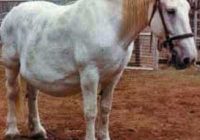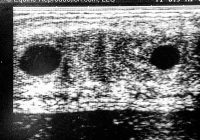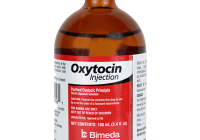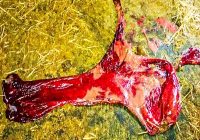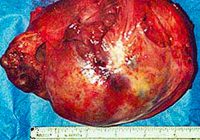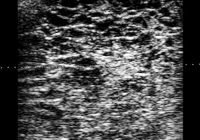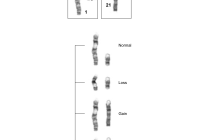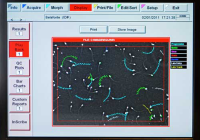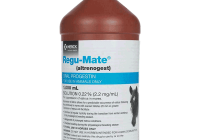Late Term Pregnancy Problems in the Mare – Ventral Rupture in the Mare – A late-term mare presents with ventral oedema and obvious discomfort. What is the diagnosis and treatment? By Jonathan F Pycock, BVetMed, PhD, DESM, MRCVS, RCVS Specialist in Equine Reproduction First Published in UK VET 8;3, April 2003 The 19-year-old multiparous pregnant Percheron mare illustrated… Read More »
Managing Twinning in the Mare – While most equine pregnancies are simple, twinning when it happens is an issue. Here we discuss managing twinning in the mare. By Jos Mottershead and Kathy St. Martin You’ve read all the articles at Equine-Reproduction.com, your mare was in heat, you jumped through all the various hoops you needed to in order… Read More »
Oxytocin use in the mare during breeding – Delayed Uterine Clearance and Breeding-Induced Endometritis problems can be helped by Oxytocin use when breeding a mare! By Jos Mottershead Oxytocin acts on smooth muscle in the body, causing it to contract. One such area of tissue, which is of tremendous importance relative to breeding, is the mare’s uterus and… Read More »
Late Term and Habitual Abortion in the Mare – Pregnancy loss in the mare is a constant source of concern among breeders. Here some common causes are discussed. By Jos Mottershead Late term and habitual abortion in the mare is a constant source of concern among breeders. It may be as a result of identifiable repetitious causes, or… Read More »
Granulosa Cell Tumor – Capable of affecting reproductive ability and overall disposition, the GCT is one of the most common ovarian tumors to be found in the mare. By Jos Mottershead Granulosa cell tumors – GCT – or granulosa-thecal cell tumors are one of the most common ovarian tumors to be found in equines. They are usually benign… Read More »
Persistent Anovulatory Follicles – Anovulatory Hemorrhagic Follicles, Luteinized Unruptured Follicles, PAFs, AHFs, LUFs – all follicular headaches in the mare! By Jos Mottershead You’re following a mare’s follicular development using ultrasound prior to breeding and are relieved to see a good sized follicle developing. Unusually, the follicle continues to develop beyond the size at which you normally see… Read More »
Early Embryonic Loss and Genetics – Chromosomal translocations in horses may be a cause of early pregnancy loss or pregnancy failure. Dr. Teri Lear discusses the issue. By Dr. Teri L. Lear Chromosomes are large segments of DNA wound around special proteins within each cell’s nucleus. They contain nearly all of the body’s genetic material. Horses have 64… Read More »
One-on-one Horse Breeding Training While we are renowned for offering short courses on the subject of horse breeding worldwide, we not infrequently encounter people either at the courses or through our website who are in need of more specific one-on-one horse breeding training. Perhaps they do not own stallions but want to learn more about the reproductive aspects… Read More »
The Semen Looked Bad – Or Is It? Maybe not as bad as you think! A review of what constitutes a cooled semen dose, looking at some newer research and older dogma. By Jos Mottershead and Kathy St. Martin During the course of the breeding season – especially on the EquineRepro Facebook Group that we manage – we… Read More »
Does My Mare Need RegumateTM? – A perennial question for some is “Does My Mare Need Regumate?” Here we discuss some possible instances of need as well as the overuse of the drug By Jos Mottershead The Simple Answer: Does My Mare Need Regumate? Well, the short answer is that if you don’t know, she probably doesn’t need… Read More »

